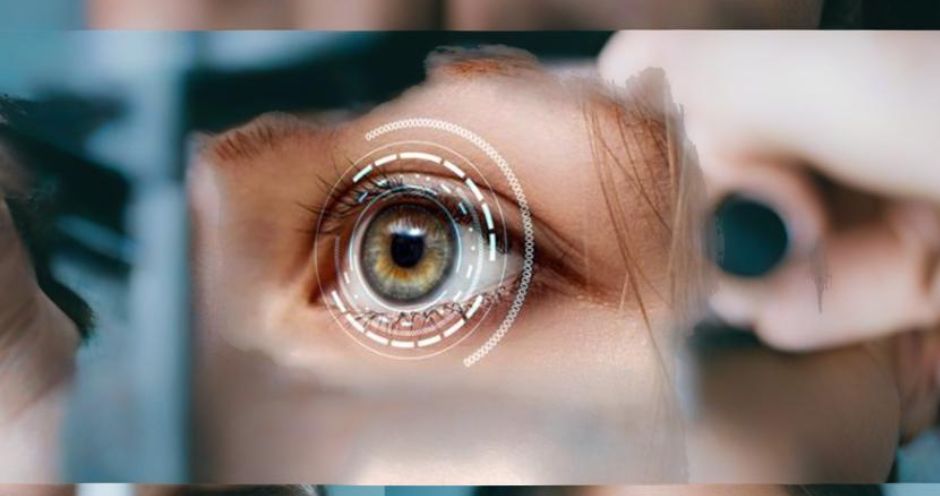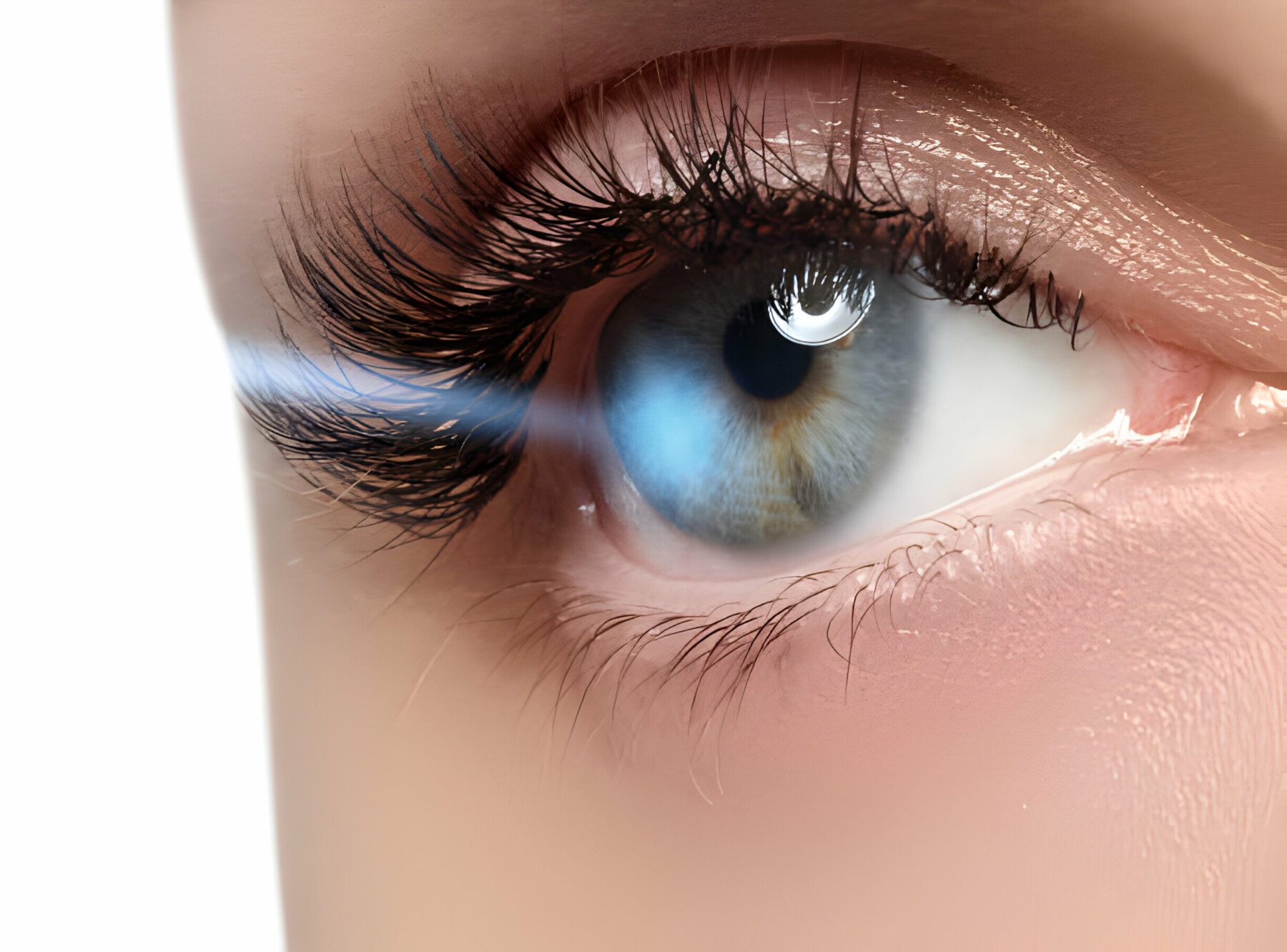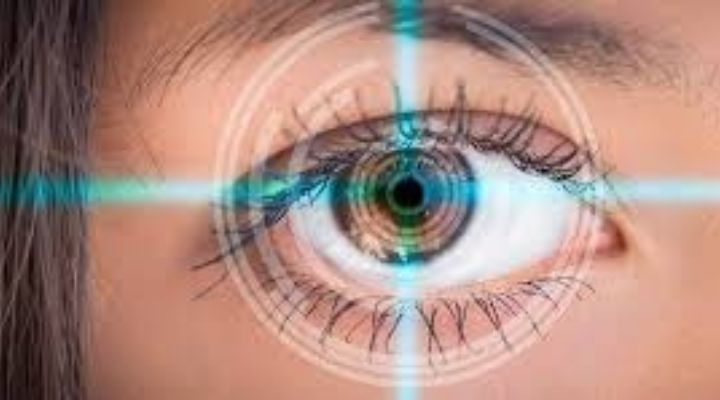Blurry vision 2 years after cataract surgery may be due to posterior capsule opacification, refractive changes, or other eye conditions like macular degeneration. Consultation with an ophthalmologist is essential to diagnose the cause and explore treatment options, which may include a simple laser procedure to correct the issue.
Cataract surgery is a transformative procedure that effectively restores vision impaired by cataracts, a common age-related condition characterized by the clouding of the eye’s natural lens. While cataract surgery is generally successful in improving vision, it’s not uncommon for some patients to experience blurry vision or other visual disturbances even years after the procedure. In this comprehensive guide, we will delve into the potential causes of blurry vision two years after cataract surgery, explore diagnostic procedures and treatment options, and provide practical tips for managing postoperative vision changes.
Book A Consultation With Eye Specialist in Dubai
Understand Postoperative Vision Changes
After cataract surgery, it’s normal for patients to undergo a period of visual adaptation as their eyes heal and adjust to the presence of an intraocular lens (IOL). During this time, fluctuations in vision, mild blurriness, and other visual disturbances may occur as the eyes acclimatize to the new lens. These changes are typically temporary and tend to improve over the weeks and months following surgery as inflammation subsides and visual stability is achieved. However, in some cases, patients may continue to experience persistent blurry vision or other visual anomalies, raising concerns about the underlying cause.
Potential Causes of Blurry Vision
Several factors may contribute to blurry vision two years after cataract surgery:
Posterior Capsule Opacification (PCO):
PCO is a common complication that occurs when the capsule behind the IOL becomes cloudy or opaque, mimicking the symptoms of cataracts. PCO typically develops months to years after cataract surgery and can lead to visual disturbances such as blurry vision, glare, or halos around lights. Fortunately, PCO can be effectively treated with a quick and painless outpatient procedure called YAG laser capsulotomy, which involves creating an opening in the cloudy capsule to restore clear vision.
Residual Refractive Errors:
Despite successful cataract surgery, some patients may experience residual refractive errors such as nearsightedness (myopia), farsightedness (hyperopia), or astigmatism. These residual errors can cause blurry vision and may necessitate the use of prescription eyewear such as glasses or contact lenses to achieve optimal visual acuity. In cases where glasses or contact lenses are insufficient, additional surgical procedures such as LASIK (laser-assisted in situ keratomileusis) or PRK (photorefractive keratectomy) may be recommended to correct refractive errors and enhance visual clarity.
Other Ocular Conditions or Complications:
Blurry vision may also be attributed to other ocular conditions or complications unrelated to the cataract surgery itself. These may include dry eye syndrome, macular degeneration, glaucoma, retinal detachment, or corneal irregularities, all of which can impair visual function and clarity. Individuals experiencing persistent blurry vision should undergo a comprehensive eye examination to identify any underlying ocular conditions and determine the most appropriate course of treatment.
It’s essential for individuals experiencing blurry vision after cataract surgery to undergo a thorough evaluation by an eye care professional to pinpoint the underlying cause and develop an effective treatment plan tailored to their specific needs.
Read More: Is Cataract Surgery 100% Successful?
Diagnostic Procedures and Treatment Options
To diagnose the underlying cause of blurry vision after cataract surgery, eye care professionals may perform a series of diagnostic tests and examinations, including:
- To assess the clarity and sharpness of vision at various distances.
- To determine the presence of any refractive errors and the appropriate prescription for corrective lenses.
- To examine the structures of the eye, including the cornea, iris, and lens, for signs of abnormalities or complications.
- To obtain detailed images of the retina and macula, allowing for the detection of conditions such as macular edema, macular degeneration, or retinal detachment.
Based on the results of these tests, treatment options for blurry vision after cataract surgery may include:
- YAG Laser Capsulotomy: If PCO is identified as the cause of blurry vision, YAG laser capsulotomy can be performed to create an opening in the cloudy capsule, allowing light to pass through and restore clear vision. This outpatient procedure is quick, painless, and highly effective in improving visual clarity.
- Refractive Correction: For patients with residual refractive errors, glasses, contact lenses, or refractive surgery may be recommended to correct these issues and improve visual acuity. Refractive surgery options such as LASIK or PRK can reshape the cornea to correct nearsightedness, farsightedness, or astigmatism, reducing or eliminating the need for corrective lenses.
- Management of Other Ocular Conditions: If blurry vision is attributed to other ocular conditions or complications, treatment options may vary depending on the specific diagnosis and severity of the condition. These may include medications, lifestyle modifications, or surgical interventions to preserve or improve vision.
It’s crucial for individuals experiencing blurry vision after cataract surgery to undergo a comprehensive evaluation by an eye care professional to determine the underlying cause and develop an appropriate treatment plan tailored to their specific needs and circumstances.
Read More: How Long Does Lasik Last?
Patient Experiences and Testimonials
Many individuals who experience blurry vision two years after cataract surgery may feel anxious or uncertain about their visual health. Hearing about the experiences of others who have gone through similar challenges can provide reassurance and valuable insights into the diagnostic and treatment process. Patients should feel empowered to share their concerns with their eye care provider and seek guidance and support throughout their journey to clearer vision.
Tips for Managing Blurry Vision
While awaiting evaluation and treatment for blurry vision after cataract surgery, there are several strategies patients can implement to improve visual comfort and quality of life:
Use Adequate Lighting: Ensure that the environment is well-lit to maximize visual clarity and reduce eyestrain. Proper lighting can help alleviate symptoms of blurry vision and enhance overall visual comfort.
Avoid Eye Strain: Take frequent breaks when performing visually demanding tasks such as reading or using electronic devices to prevent eye fatigue and discomfort. Implementing the 20-20-20 rule—taking a 20-second break to look at something 20 feet away every 20 minutes—can help reduce eye strain and promote visual relaxation.
Stay Hydrated: Drink plenty of water to maintain adequate tear production and prevent dry eye symptoms, which can exacerbate blurry vision and discomfort. Keeping the eyes well-lubricated with artificial tears or lubricating eye drops can help alleviate dryness and soothe irritated eyes.
Follow-up Care: Attend all scheduled follow-up appointments with your eye care provider and communicate any changes or concerns regarding your vision. Regular follow-up visits are essential for monitoring your eye health and ensuring timely intervention if any issues arise.
Final Thoughts
Blurry vision two years after cataract surgery can be distressing, but it’s important to recognize that there are various potential causes and treatment options available. By undergoing a comprehensive evaluation by an eye care professional and collaborating closely with your healthcare team, individuals experiencing postoperative blurry vision can identify the underlying cause and develop an effective treatment plan to restore clear vision and optimize visual outcomes. Don’t hesitate to reach out to your eye care provider if you have any concerns or questions about your vision. With proper care and management, you can overcome blurry vision and enjoy clear, comfortable vision for years to come.
Consult with Dr. Qasim for Your Post-Cataract Surgery Vision Concerns
Take the first step towards clearer vision and schedule a consultation with Dr. Qasim is a leading Ophthalmologist in Dubai today. During your appointment, Dr. Qasim will conduct a thorough evaluation, discuss your concerns, and develop a customized treatment plan to address your specific needs and goals.
Don’t let blurry vision hold you back from enjoying life to the fullest. Schedule your consultation with Dr. Qasim










